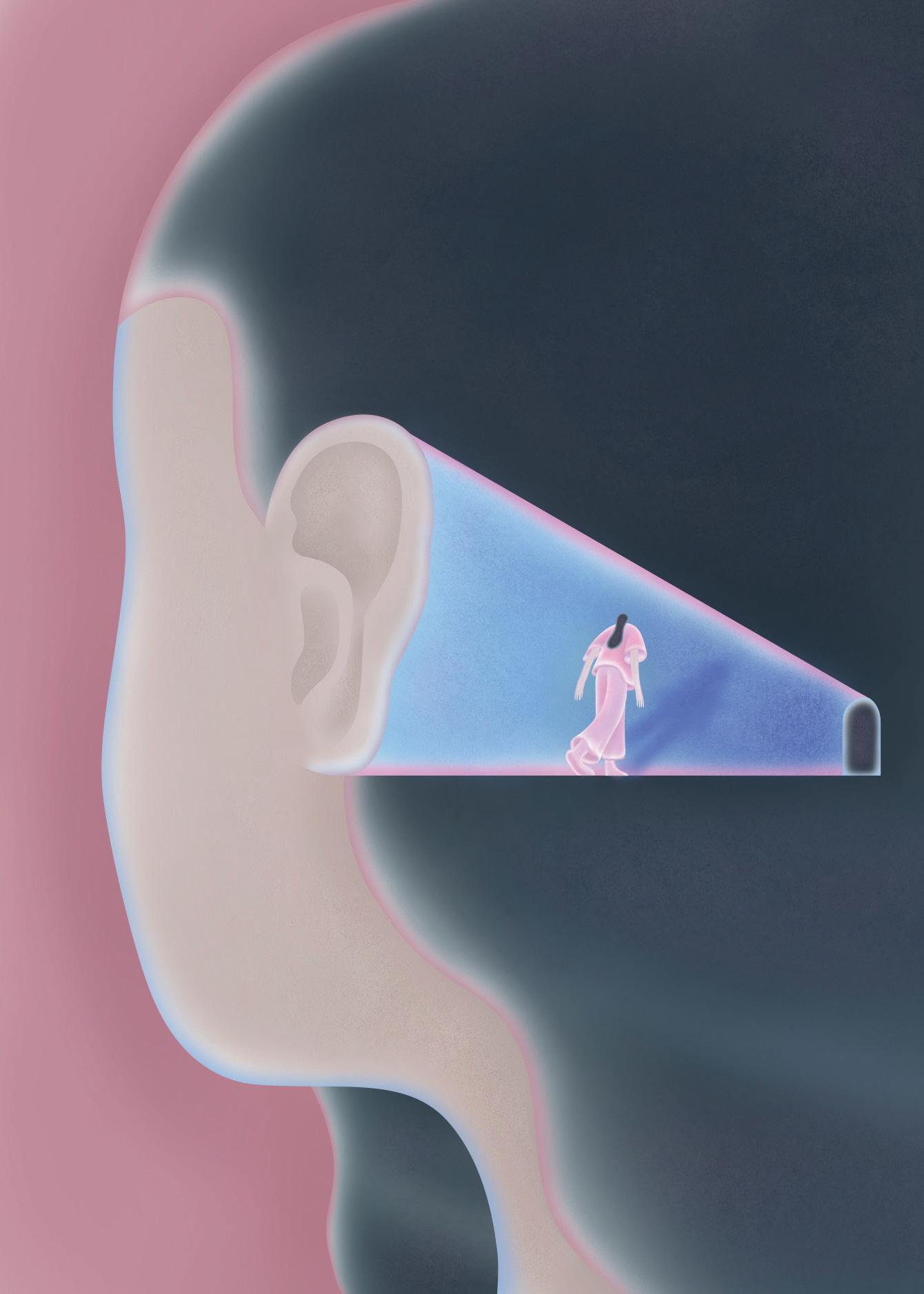
Let me explain something about me: When I was 12, I started having panic attacks, brought on by fears that I couldn't shake, even though I knew they were irrational. I was terrified, for example, that I'd become depressed-but I'd never been depressed before, and didn't feel depressed. My junior high school devoted a series of assemblies to warning us budding teenagers that we were entering the most dangerous years of our lives, now ripe targets for cutting, suicide, eating disorders, overdoses, AIDS, and fatal car accidents. I would spend hours, even days, worrying that one of these things might be coming for me. My mind seemed to spin out of control couldn't stop fixating, I couldn't calm down, and I couldn't understand what was happening.
Finding language to describe suffering of any kind is hard, but eventually, fearing I was going irreversibly insane, I tried first for my mother, then for a doctor. Soon I was told there was a name for my particular distress: obsessive-compulsive disorder. Receiving this news at 13 was both relieving and shattering. (And surprising. There had been no assembly suggesting we watch out for anxiety disorders.) With the diagnosis came explanations and context for what I had not been able to interpret, as well as a body of scientific knowledge about treatment. Still, OCD can be an upsetting diagnosis, partly because according to current psychiatric understanding, it's a chronic illness. You don't typically get cured. You "learn to manage it" and, like most chronic conditions, it ebbs and flows based on a variety of factors. I felt horror at being indelibly marked and feared that I'd never get back to "my old self." Who was I now?
Esta historia es de la edición October 2022 de The Atlantic.
Comience su prueba gratuita de Magzter GOLD de 7 días para acceder a miles de historias premium seleccionadas y a más de 9,000 revistas y periódicos.
Ya eres suscriptor ? Conectar
Esta historia es de la edición October 2022 de The Atlantic.
Comience su prueba gratuita de Magzter GOLD de 7 días para acceder a miles de historias premium seleccionadas y a más de 9,000 revistas y periódicos.
Ya eres suscriptor? Conectar
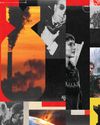
Apocalypse, Constantly
Humans love to imagine their own demise.

A Palestinian American Sex and the City
Betty Shamieh's debut novel is a rebellious rom-com.
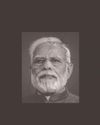
Modi's Failure
Why India is losing faith in its strongman leader
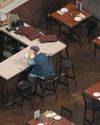
The Anti-Social Century
Americans are now spending more time alone than ever. It's changing our personalities, our politics, and even our relationship to reality.
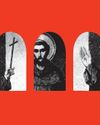
The Wild Charity of Saint Francis
The guide we need, now that kindness is countercultural
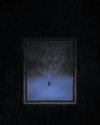
Where Han Kang's Nightmares Come From
In her novels, the South Korean Nobel laureate returns again and again to her countrys bloody past.
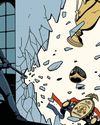
TROPHY HUNTERS
A GROUP OF CHILDHOOD FRIENDS PULLED OFF A STRING OF THE MOST AUDACIOUS SPORTS-MEMORABILIA HEISTS IN AMERICAN HISTORY. THEN THEY DID SOMETHING REALLY CRAZY.
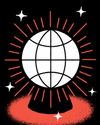
THE NEW RASPUTINS
Anti-science mysticism is enabling autocracy around the globe.
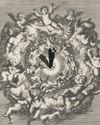
ARMY OF GOD
AMERICAN CHRISTIANS ARE EMBRACING A CHARISMATIC MOVEMENT KNOWN AS THE NEW APOSTOLIC REFORMATION, WHICH SEEKS TO DESTROY THE SECULAR STATE. Now THEIR WAR BEGINS.
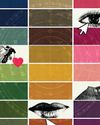
WHAT NOT TO WEAR
The false promise of seasonal-color analysis